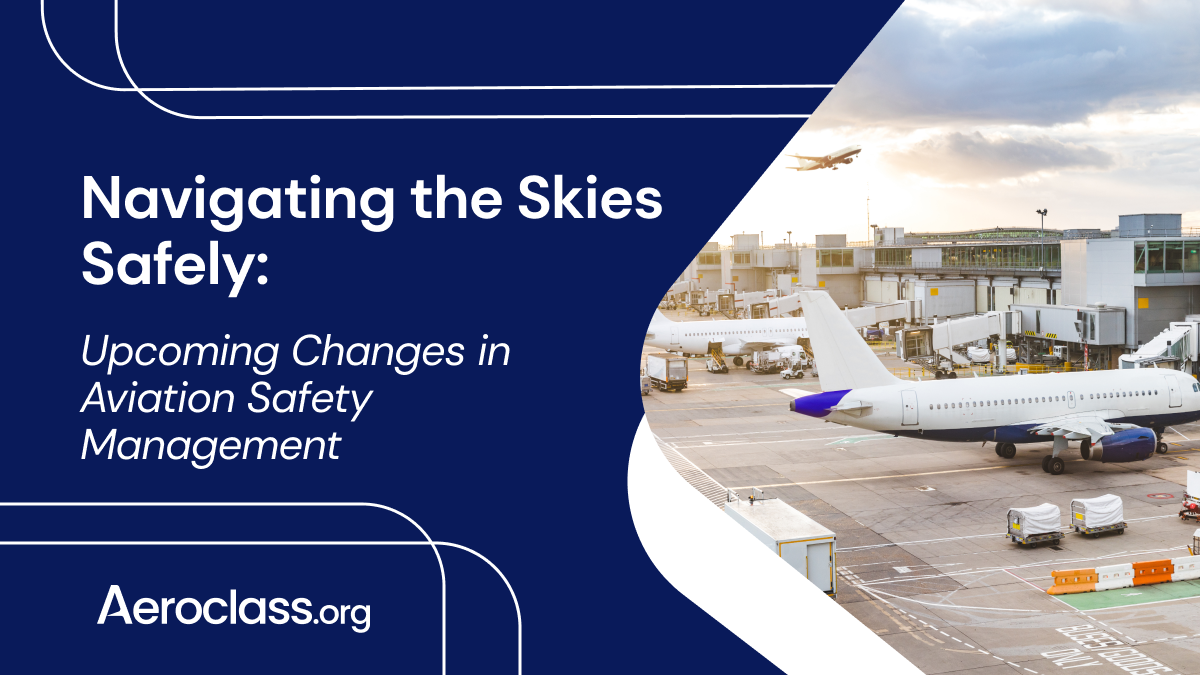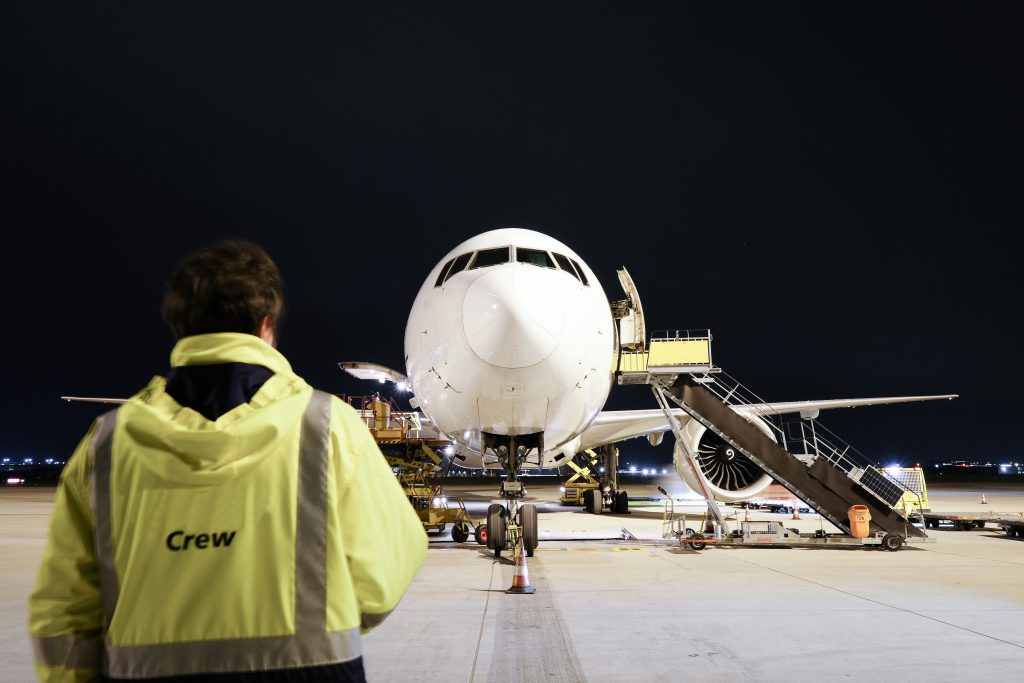What Does It Mean to Charter Flights?
Other · 5 min read
Have you ever thought about what it would be like to tell an airline when and where you want to fly and have that wish fulfilled?

Safety is the top priority in the aviation industry. As described by the International Air Transport Association (IATA), “the shared goal is for every flight to take off and land safely.” In the high-stakes world of aviation, where the safety of passengers and crew is paramount, effective safety management is not just a regulatory requirement but a moral imperative. The aviation industry’s commitment to safety has significantly evolved over the years, driven by technological advancements and, unfortunately, lessons learned from incidents and accidents. These events have underscored the critical need for robust safety management systems (SMS) to identify, assess, and mitigate risks proactively.
The International Civil Aviation Organization (ICAO) Annex 19 introduces comprehensive Safety Management System Standards and Recommended Practices (SARPs), which have been progressively integrated into the European Union Aviation Safety Agency’s (EASA) regulatory framework. The latest amendments mandate that by March 7, 2025, all design organization approval (DOA) and production organization approval (POA) holders under EASA Part 21 must implement an SMS. This requirement extends to manufacturers with a European technical standard order authorization (ETSOA) and organizations designing auxiliary power units (APUs). Similarly, by December 2, 2024, all EASA Part-145 approved maintenance organizations must have an SMS in place. These deadlines mark significant milestones in enhancing aviation safety standards across different domains.

The regulatory provisions within each domain, available on the EASA’s Regulations page, outline the ‘management system’ requirements for each type of approval. The harmonization across domains allows organizations holding multiple EASA approvals to implement a unified MS, facilitating risk management at various interfaces. This streamlined approach not only ensures compliance but also enhances operational efficiency and safety oversight.
The core objective of an SMS is to proactively identify and mitigate risks, thereby reducing the likelihood and severity of incidents and accidents. By anticipating potential safety issues, aviation companies can implement preventive measures, significantly enhancing overall safety.
While implementing an SMS requires an upfront investment, it leads to long-term cost savings by minimizing the risks of accidents and their associated costs, such as aircraft damages and legal liabilities. Additionally, a robust SMS can favorably impact insurance premiums, reflecting the organization’s commitment to safety.

A strong safety record, underpinned by an effective SMS, bolsters an organization’s reputation, fostering trust among passengers, clients, and investors. Furthermore, SMS encourages a culture of continuous improvement, allowing organizations to refine their processes and procedures based on safety data analysis.
Compliance with global safety standards, such as the IATA Operational Safety Audit (IOSA) Program, necessitates an effective SMS. This compliance not only ensures adherence to international safety norms but also positions the organization favorably in the global aviation landscape.
Failing to implement an effective SMS can lead to increased safety risks, legal and regulatory repercussions, financial losses, and reputational damage. In the context of the upcoming regulatory changes, non-compliance could result in significant operational disruptions and potential grounding of activities. It is therefore imperative to undertake the necessary training and implement these changes as soon as possible to ensure full compliance. Delaying this critical step could lead to further complications with authorities and jeopardize the smooth functioning of the organization.
The integration of the ICAO Annex 19 SMS SARPs into EASA’s framework marks a significant step forward in aviation safety management. As the deadlines for compliance approach, aviation organizations must prioritize the necessary training and the implementation of SMS to not only meet regulatory requirements but to uphold the highest safety standards. The transition to a more proactive, risk-based safety management approach is not just a regulatory obligation but a fundamental responsibility towards ensuring the safety of passengers, crew, and the public at large.
Discover Other Wonders of Aviation:
Other · 7 min read
Owning a private jet is an incredible luxury, but it also comes with a great deal of responsibility. From aircraft maintenance to crew scheduling and more, managing your own private jet can be daunting. That is where a private jet management company comes in. A good aircraft management company can make all the difference when […]
